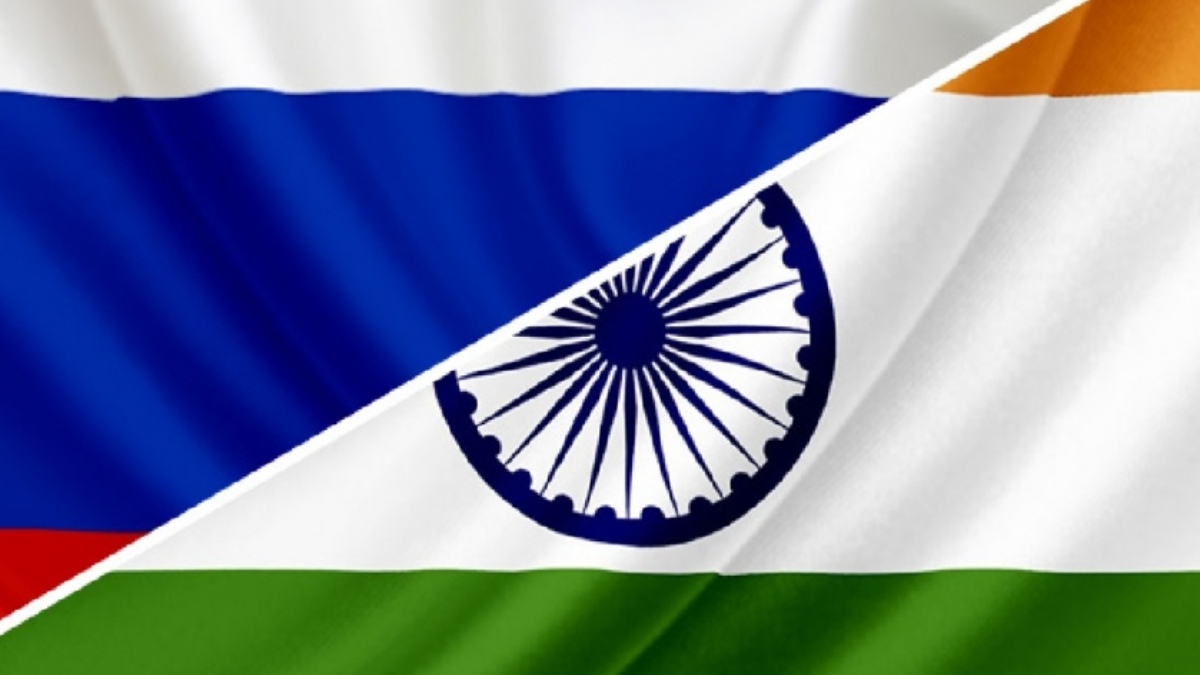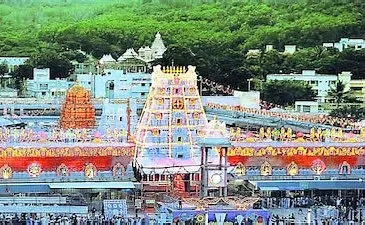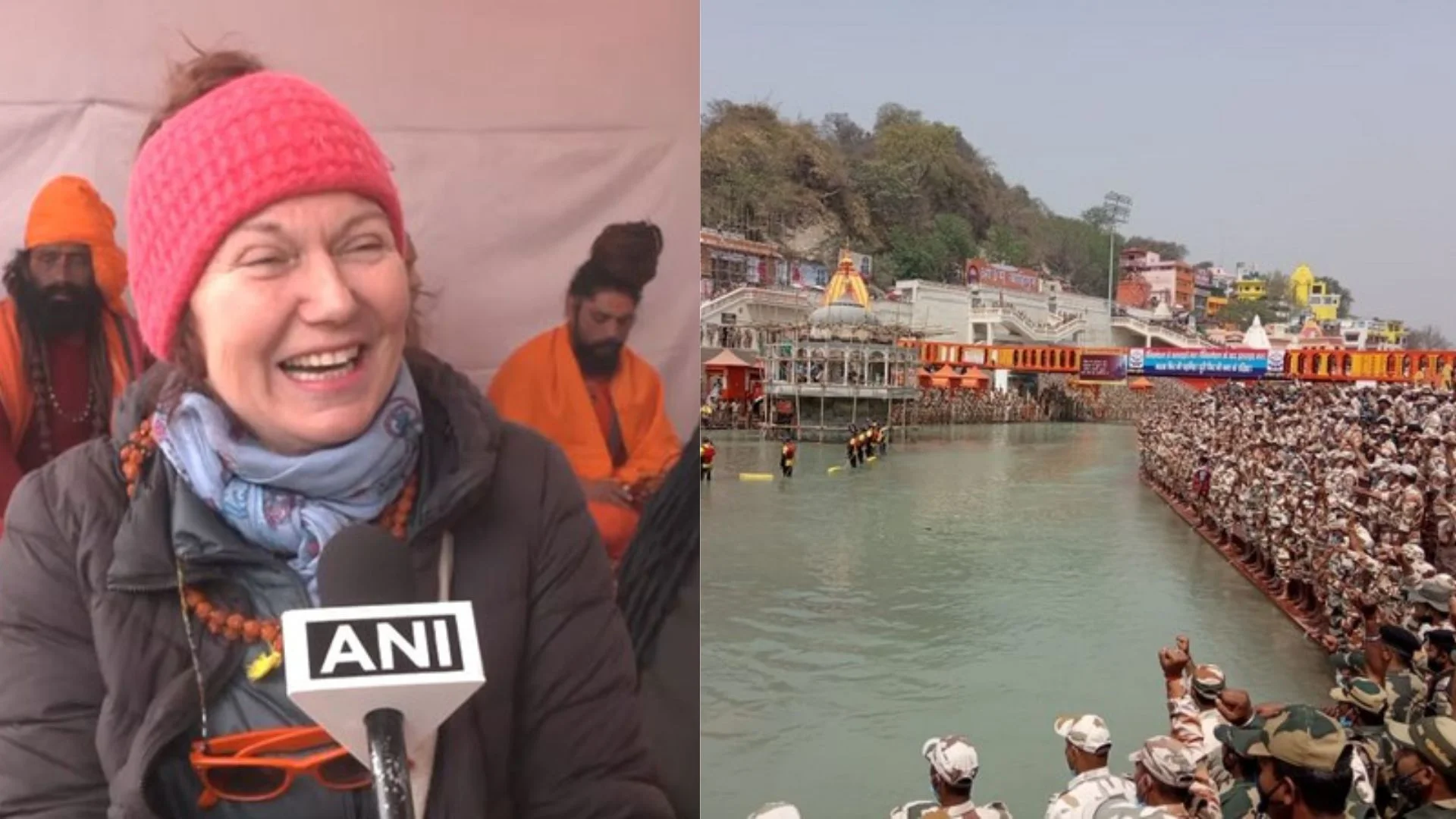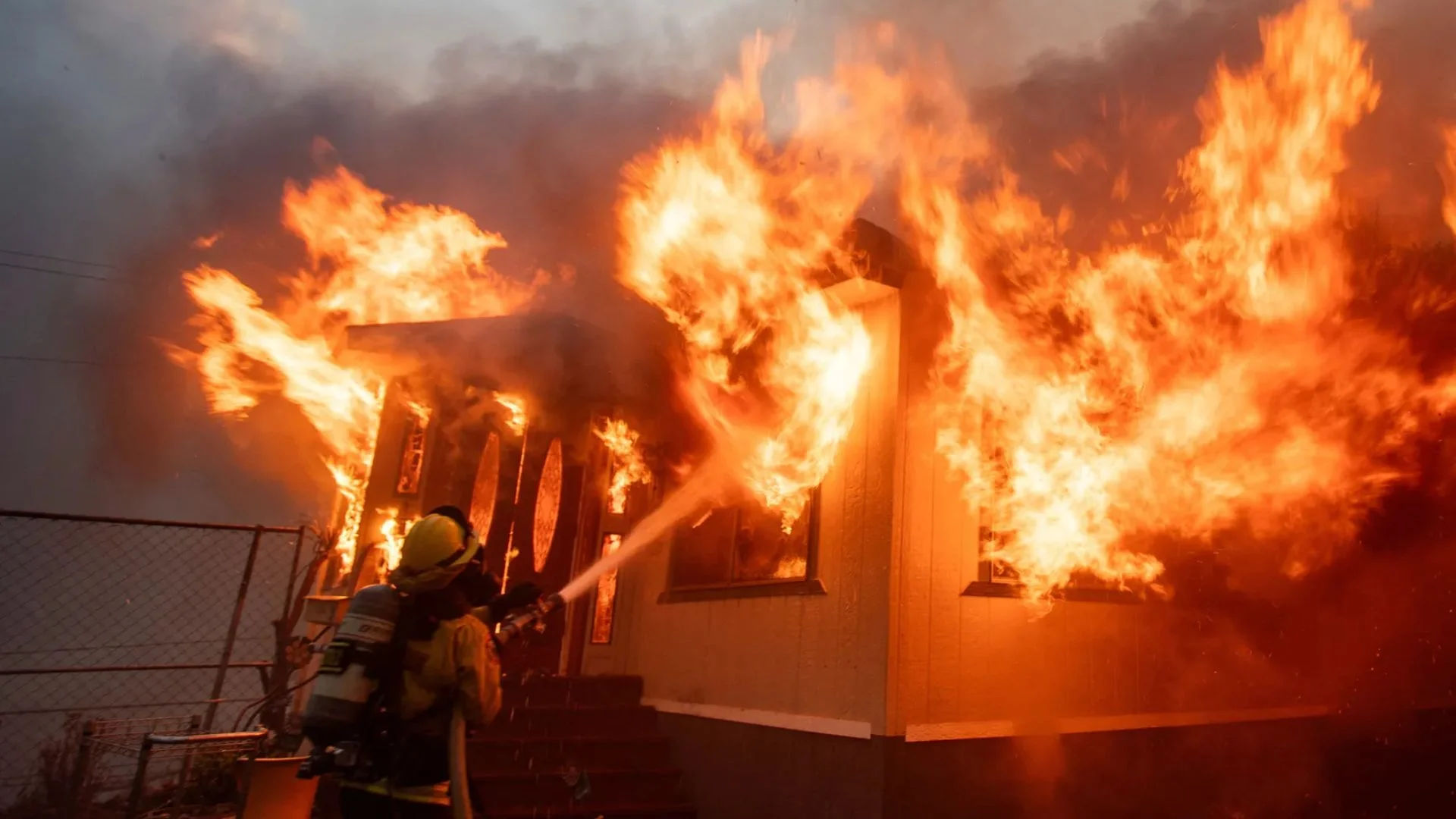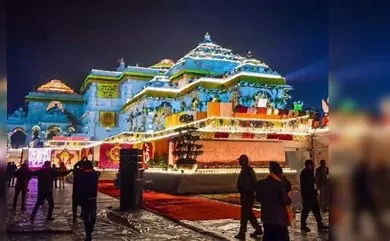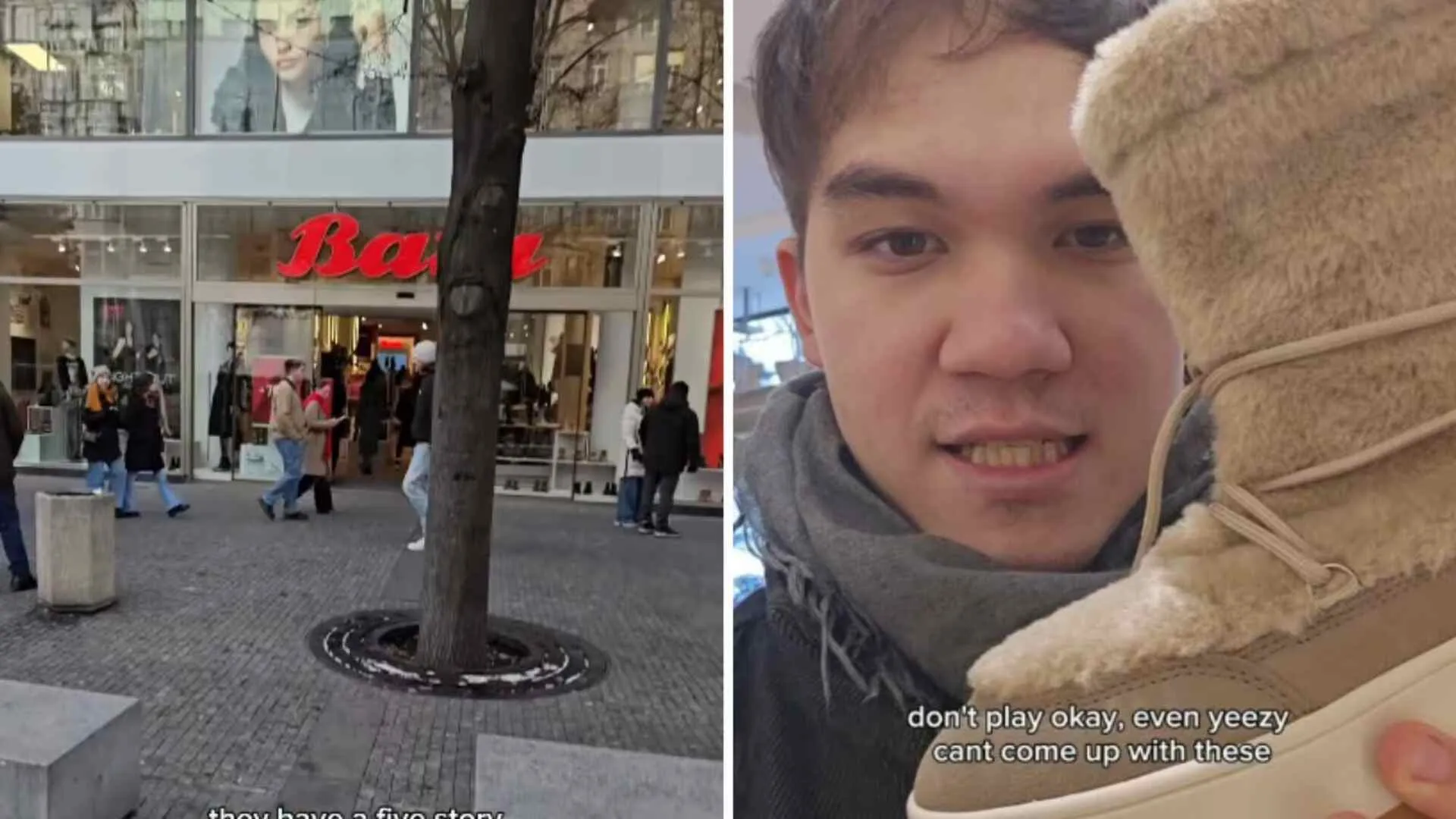With the western countries making all possible efforts to isolate Moscow over its invasion of Ukraine, Russia’s Foreign Minister Sergey Lavrov held bilateral talks with External Affairs Minister S. Jaishankar here on Friday. The two ministers discussed several issues including developments pertaining to Ukraine. During the meeting, EAM Jaishankar emphasised on the importance of cessation of violence and ending hostilities. “Differences and disputes should be resolved through dialogue and diplomacy and by respect for international law, UN Charter, sovereignty and territorial integrity of states,” Jaishankar told Lavrov.
Lavrov also called on Prime Minister Narendra Modi on Friday evening in what was seen as a significant gesture amid international pressure on India to take a stand against Russia’s military operation against Ukraine. PM Modi and the Russian minister met for 40 minutes. PM Modi reiterated the call for an early cessation of violence, and conveyed India’s readiness to contribute in any way to the peace efforts.
What is worth mentioning is that the PM has not publicly met any other visiting ministers in the past two weeks including those from the UK, China, Austria, Greece and Mexico.
Sources told The Daily Guardian that the EAM reiterated India’s Ukraine stand after the visiting Foreign Minister briefed him on Russia’s perspective of the entire development during the talks. “In effect, the Russian Foreign Minister was told that India favours immediate cessation of war and resumption of dialogues to settle the dispute with Ukraine and also that sovereignty of the other states and international law should be respected,” said sources. “This way, Jaishankar also sent out a message for the Western countries that India was not in any manner endorsing the action by Russia against Ukraine. What New Delhi is doing is to ensure that the current tensions go down and Lavrov was apprised of what the Indian government actually wants,” highly placed sources said.
That Jaishankar underlined the need to respect international law, UN Charter, sovereignty and territorial integrity of states is in itself is a message to Moscow, says a diplomat, who said, “India is responding to the developments responsibly, which Europe and America should appreciate.”
India acknowledged that the meeting between Indian and Russian Foreign Ministers happened in a difficult international environment. With Lavrov and Jaishankar discussing the Ukraine conflict, New Delhi referred to growing pressures on it from the Western countries to move away from its “neutral” position and condemn Russia’s invasion of Ukraine. But before the meeting with Sergey Lavrov, Jaishankar gave a clear response to the West, saying that keeping in touch with Russia was in the mutual benefit of both nations.
The Russian Foreign Minister arrived in India after concluding a two-day visit to China. The Russian Foreign Minister’s visit to India coincided with that of US Deputy National Security Adviser Daleep Singh, British Foreign Secretary Liz Truss and German Foreign and Security Policy Advisor Jens Plotner. All they wanted was India to join the western democracies to condemn Russian invasion against Ukraine. However, India remained firm on its stand and called for a path of diplomacy and dialogue to end the crisis.
Taking note of India’s stand on the development, Russian Foreign Minister Sergey Lavrov during a presser praised New Delhi’s independent foreign policy. He appreciated that “India hasn’t taken a one-sided position on the Ukraine crisis.”
He further said if New Delhi wants to buy anything from Russia, “We are ready to discuss it”. On the possibility of Prime Minister Narendra Modi as mediator in the Ukraine crisis, he said, “India is an important and serious country. If India plays that role that provides resolution, India as our common partner… we are for the security guarantee of Ukraine… The West has ignored its responsibility… India can support such process.”
Ahead of his bilateral talks with Jaishankar, Lavrov said, “Friendship is the key word to describe the history of our relations, and our relations were very sustainable during many difficult times in the past.” “And I haven’t the slightest doubt that mutual respect and the search for balance of interest will prevail in our relations for the future as well,” he added. He further said, “We have been developing a special and privileged strategic partnership with New Delhi, and this is one of the key priorities of Russian foreign policy.” “It’s equality and mutual trust which underline our acts in the international arena, and then in the context of the multipolar world which has been objectively shaped … We certainly are interested in having the world order balanced, which makes it sustainable,” he added. Lavrov said that no amount of pressure from the West can affect the partnership between the two nations.
According to sources, the two Foreign Ministers also touched upon intense international pressure over Russian oil imports, with the US warning of “consequences for countries attempting to circumvent American sanctions against Moscow”.
Lavrov at a press conference said that Moscow has developed a system to engage in trade in national currencies with countries such as India and efforts to move away from the dollar-based payments system will intensify.
Lavrov said he wished to convey a “message personally” from President Vladimir Putin to Prime Minister Narendra Modi.
“The President (Putin) and the Prime Minister are in regular touch with each other and I will report to the President about my negotiations. He sends by the way his best regards to Prime Minister Modi and I would appreciate an opportunity to deliver this message personally,” said the Russian Foreign Minister.
In his opening remarks, Jaishankar said bilateral ties between India and Russia had grown over the years, and continue to expand.
“Our bilateral relations have continued to grow in many areas, and we have diversified our cooperation by expanding our agenda. Our meeting today takes place in a difficult international environment, apart from the pandemic,” he said.
Jaishankar also said, “India, as you are aware, has always been in favour of resolving differences and disputes through dialogue and diplomacy. In our meeting today, we will have an opportunity to discuss contemporary issues and concerns in some detail.”

